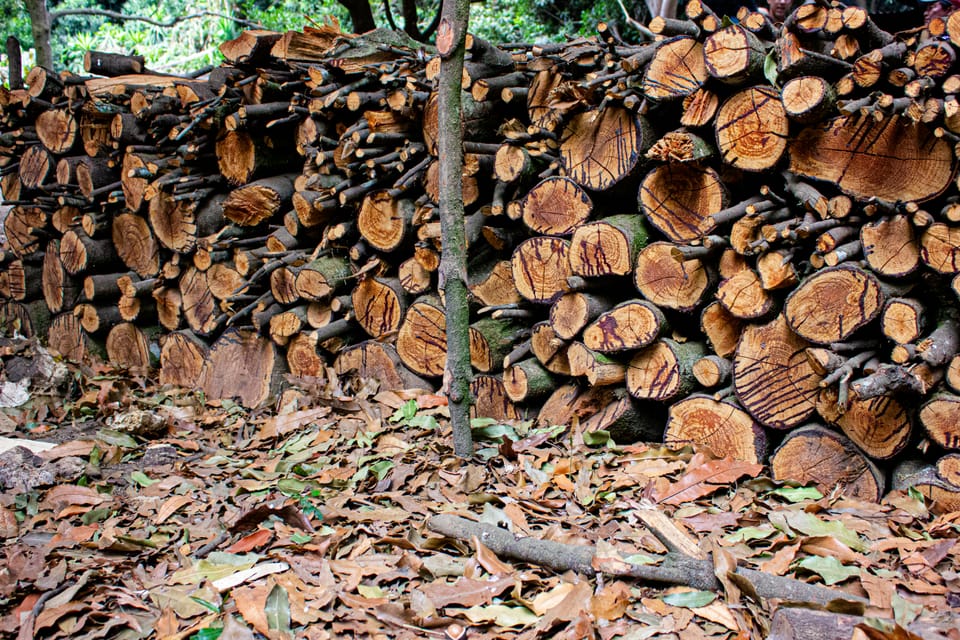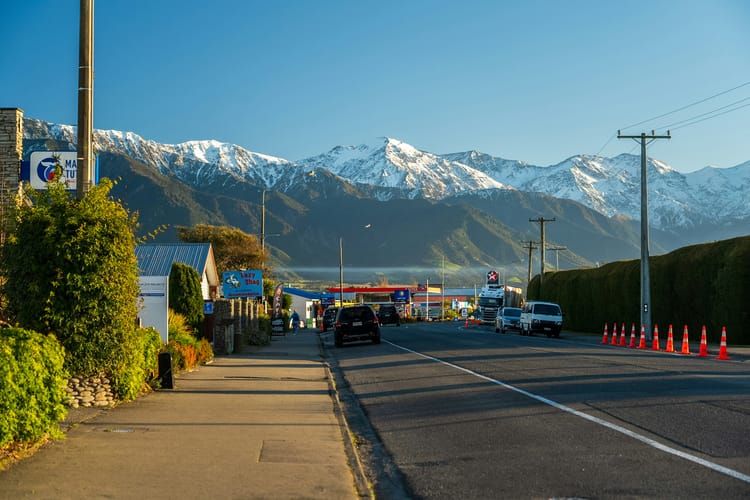Deforestation: Timber from illegal Amazon logging sold on EU and US markets

An investigation has found that large quantities of timber logged illegally in Brazil is sold in the EU and in the US despite both regions’ regulations prohibiting the purchase of wood produced illegally.
Analysing timber trade from 2021 to 2024, the Environmental Investigation Agency (EIA) found that 15 US firms and 15 EU firms imported wood from illegal logging sites, sold via Brazilian sawmills that, in many cases, have been fined by the country’s environmental protection agency (Ibama) for illegal logging in separate cases.
The findings come amid a scaleback of forest protection by the Trump administration and as the EU looks at watering down its sustainability due diligence directive (CSDDD). Europe has also delayed its deforestation regulation (EUDR) – which will place more stringent due diligence requirements on timber importers – by one year, and the law is now due to come into force at the end of 2025.
It suggests that existing due diligence obligations are not properly enforced and should be strengthened. “This is not the time to water down or weaken enforcement of legal requirements for EU and US companies to ensure they aren’t buying illegal wood. We need more, not less, scrutiny on this high-risk timber trade that is trashing the Amazon rainforest,” said Rick Jacobsen, Senior Manager for policy at EIA US.
Companies named
Among the 15 US companies having imported illegal Brazilian timber are Sabra International (previously flagged for buying illegal wood), Blue Lake Lumber, Lowcountry Lumber company and General Woodcraft. These allegedly violated the Lacey Act, a US law prohibiting the import of illegal wood products.
Meanwhile in the EU, A/S global (Denmark), Lumber Unipessoal, GWP International Wood Products, and Playmade Comercio (Portugal), Guillemette & cie and Martiniere (France), Vogel Import Export (Belgium) and Hardus Trading (Netherlands) are named in the investigation.
According to EIA, these firms purchased wood – particularly ipê, a protected Brazilian tree known for its durable hardwood used for outdoor decking – from 16 Brazilian exporters, including wood Brasil Pará Exportações, mSA Saraiva, Vimex, Tradelink Madeiras and Prime Industria e Comercio de Madeira, who themselves bought the timber from unlawful harvest sites via sawmills.
Brazil deforestation and climate targets
Brazil, host of this year’s UN climate summit (COP30), is struggling to fight rampant deforestation in the Amazon and Cerrado forests.
Last year, another investigation linked cotton bought by the likes of H&M and Zara under the 'Better Cotton' sustainability seal to deforestation in the Cerrado. EIA discussions with industry insiders suggest that Pará’s timber trade is plagued by allegations of timber laundering and bribery. As one insider put it: ‘Everyone does it’.
Illegal logging is often a precursor to deforestation, with large areas of forest cleared to make space for illegal mining, soy crops or cattle farming.
But the country has set ambitious new climate targets ahead of the COP30 summit – it now aims to reduce greenhouse gas emissions by 59 to 67% below 2005 levels by 2035.
Chris Moye, Latin American Expert at EIA US, said: ”Cracking down on rampant criminal logging, which often acts as a door opener to complete deforestation, will be crucial for Brazil to reach its climate targets”.
Read also: Amazon, H&M, Walmart in US$180mn forest carbon credit deal with Brazil government







Member discussion